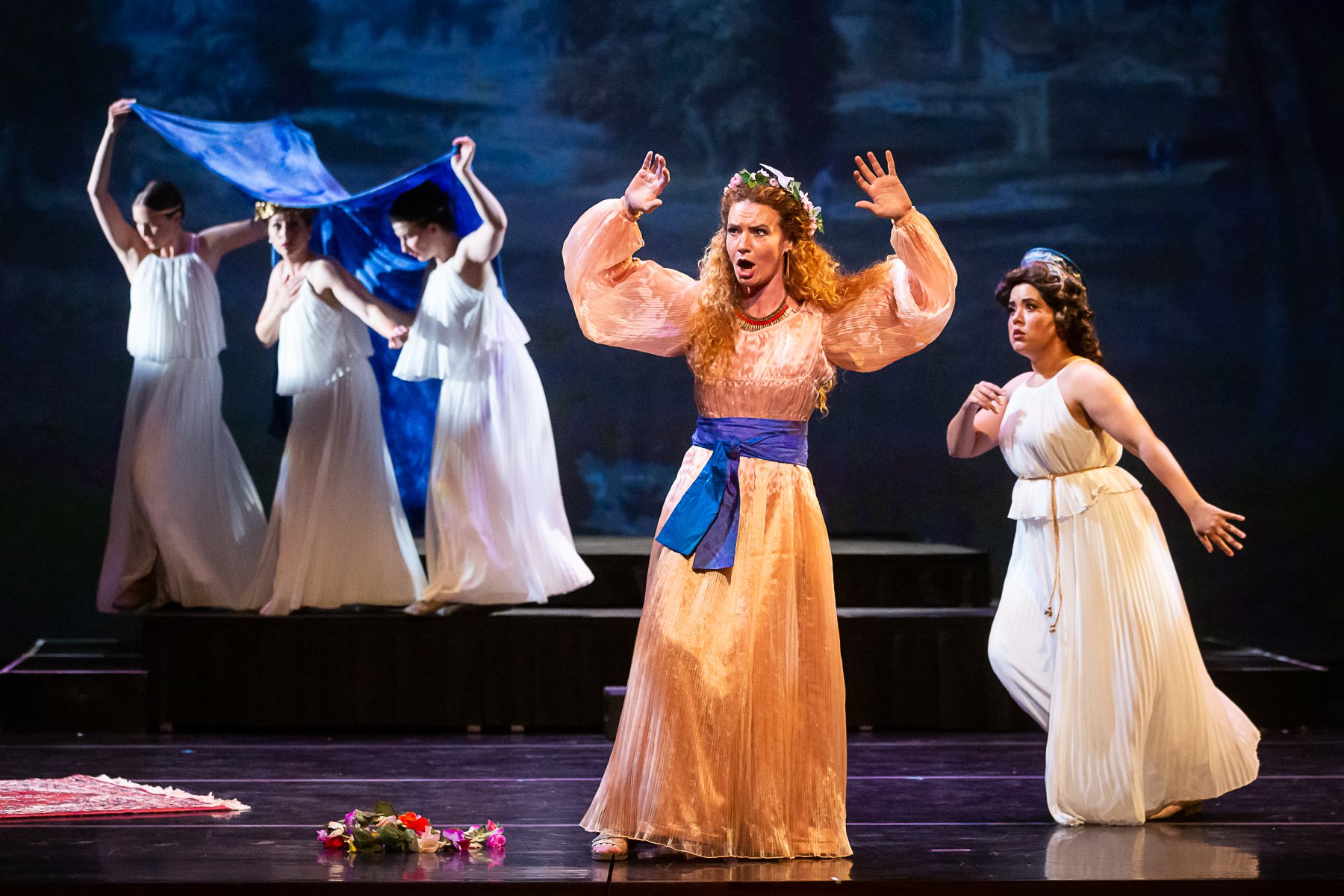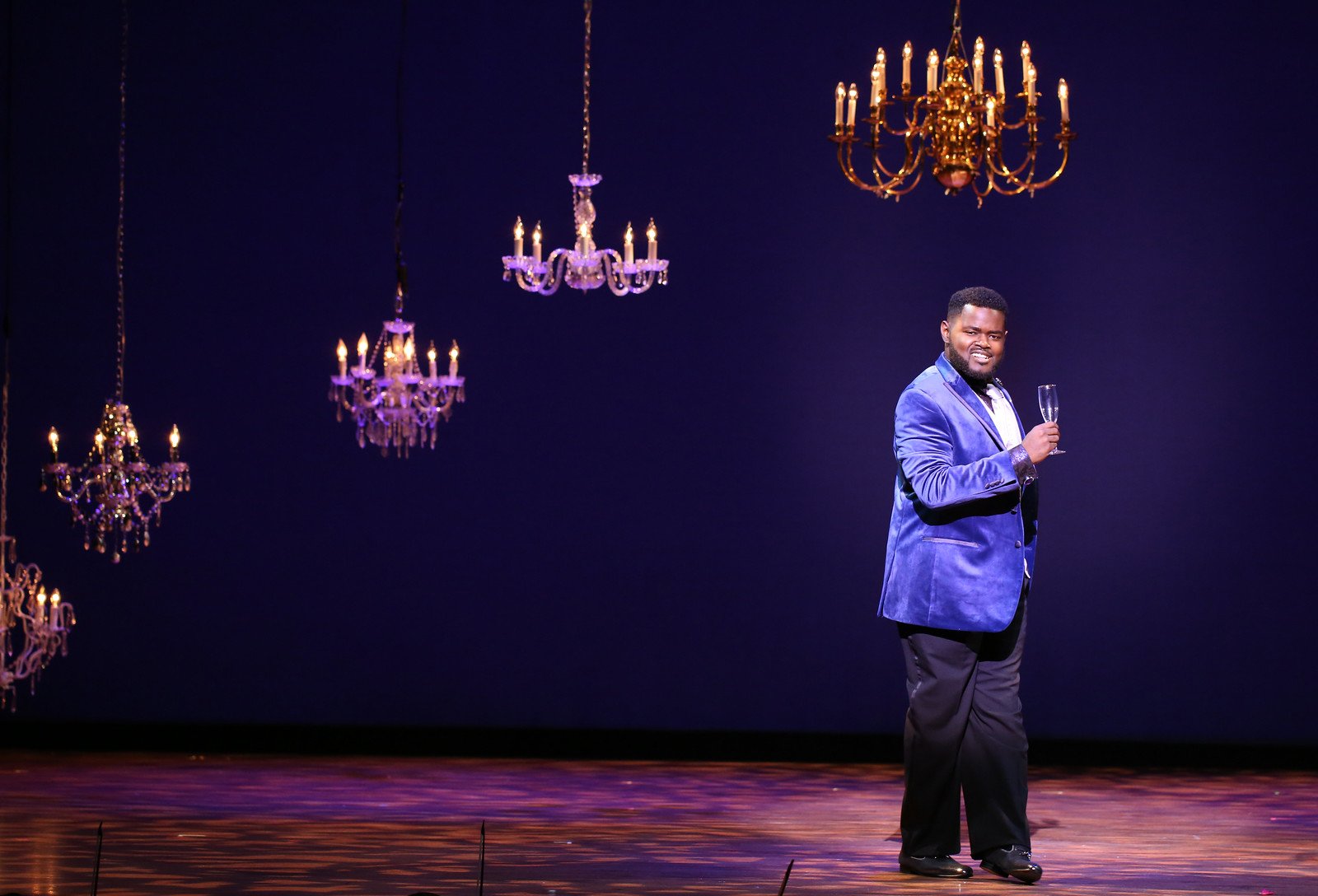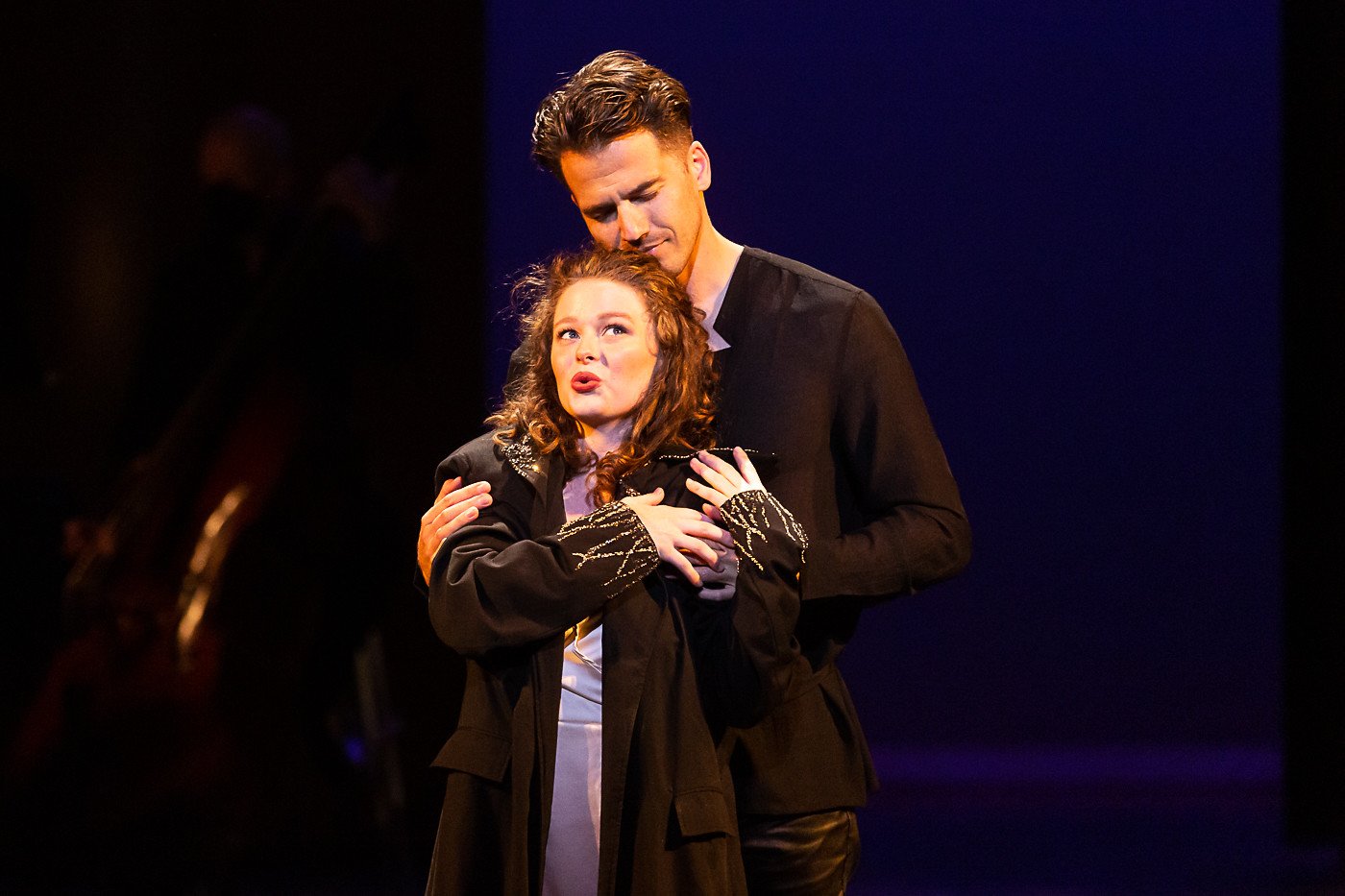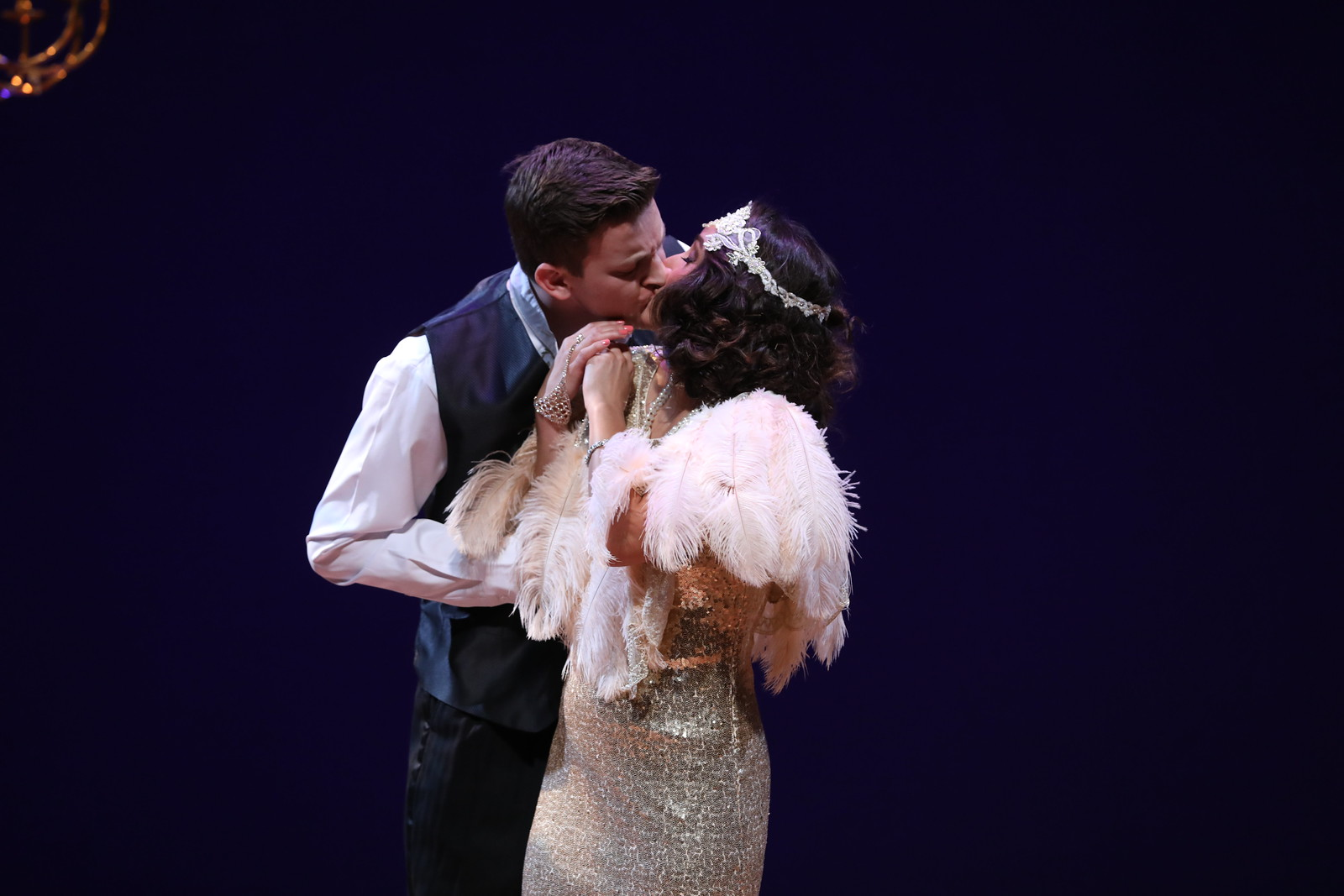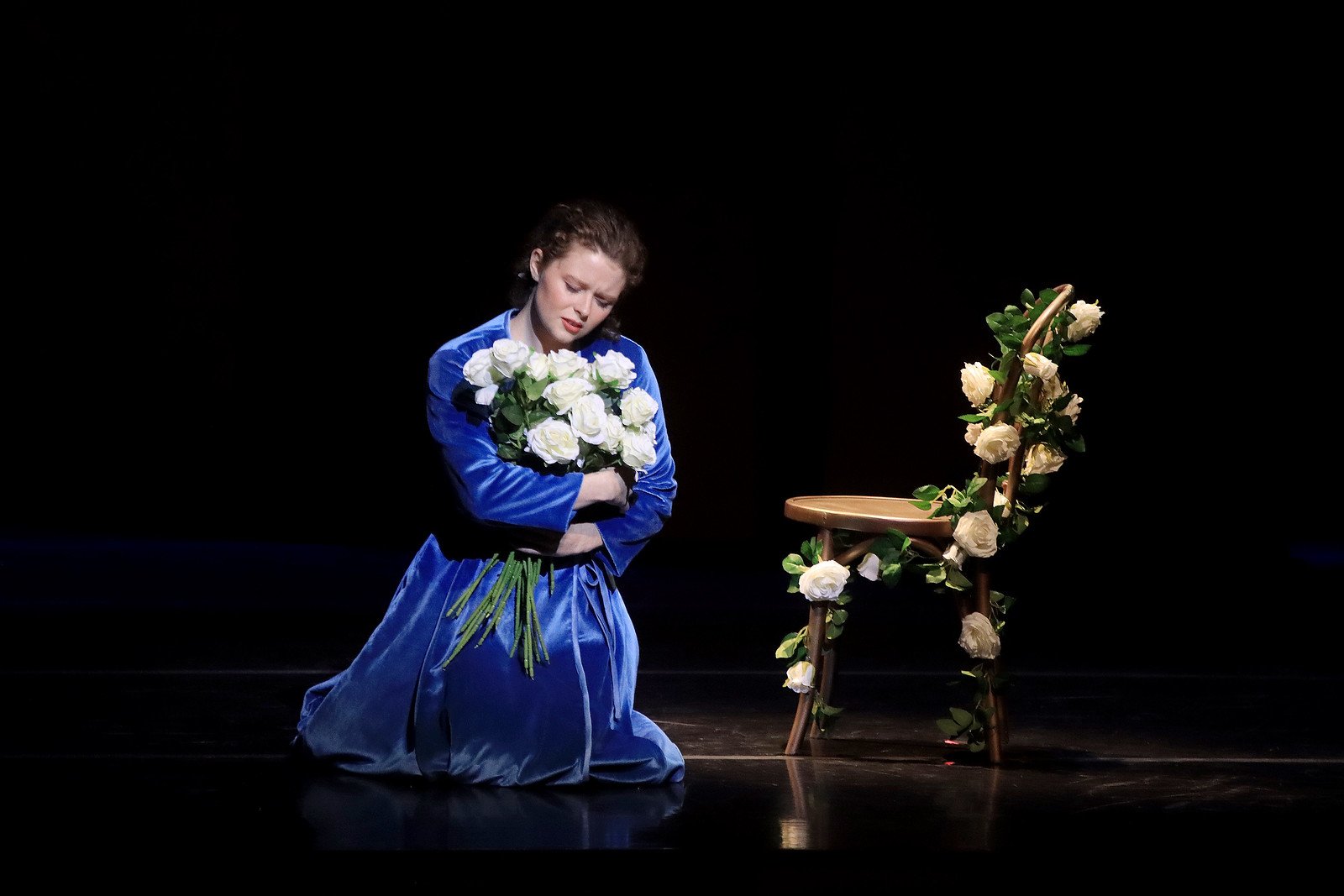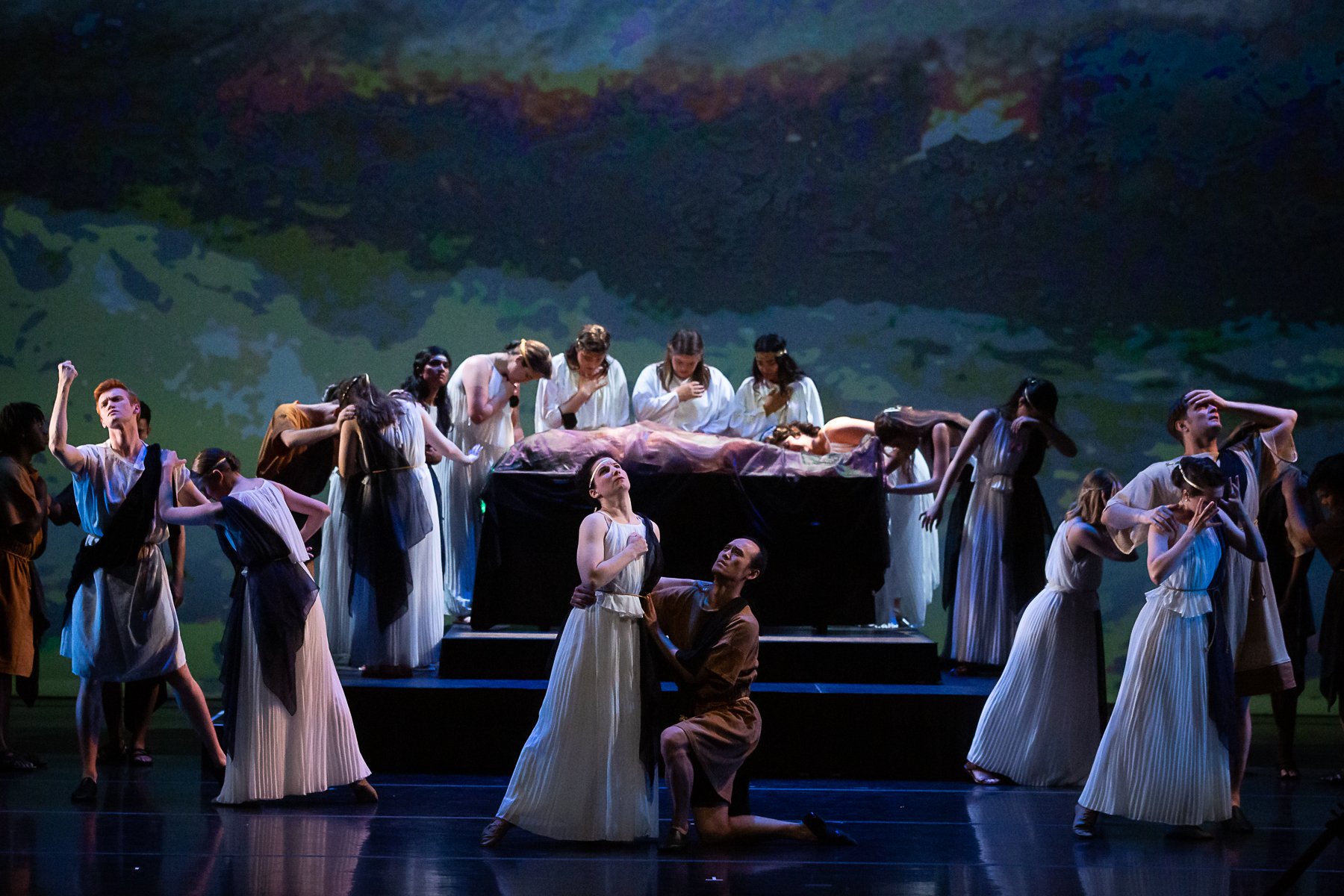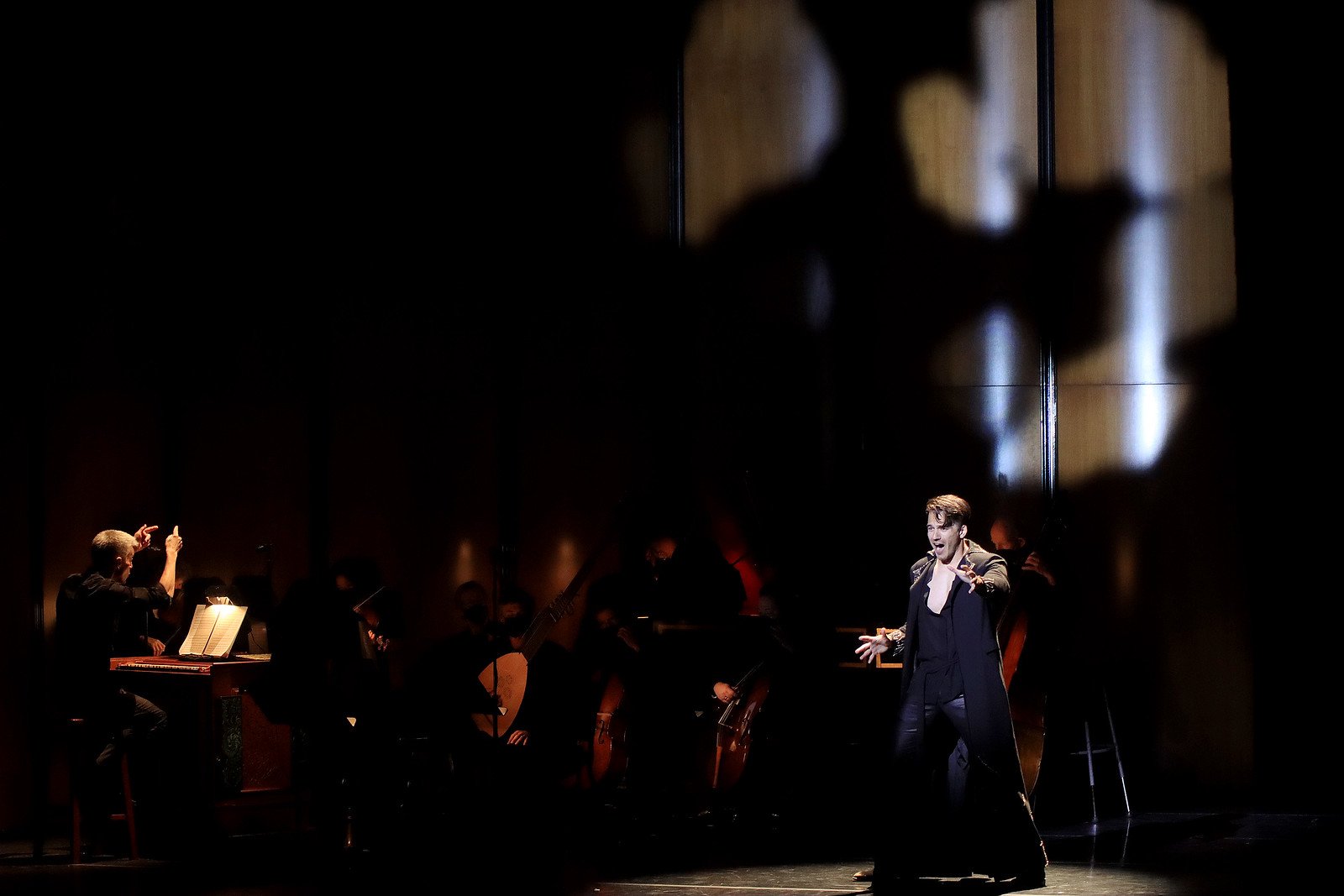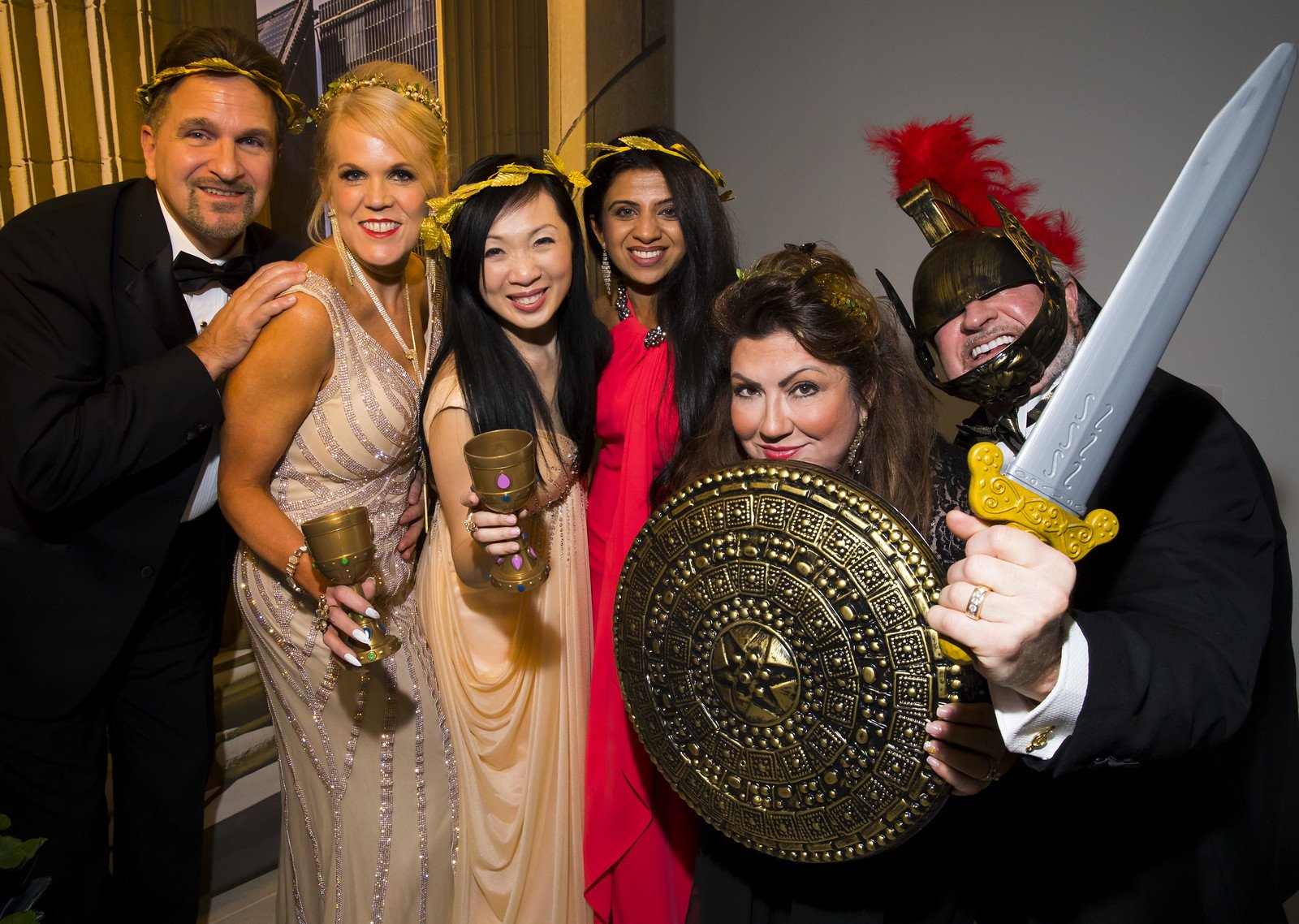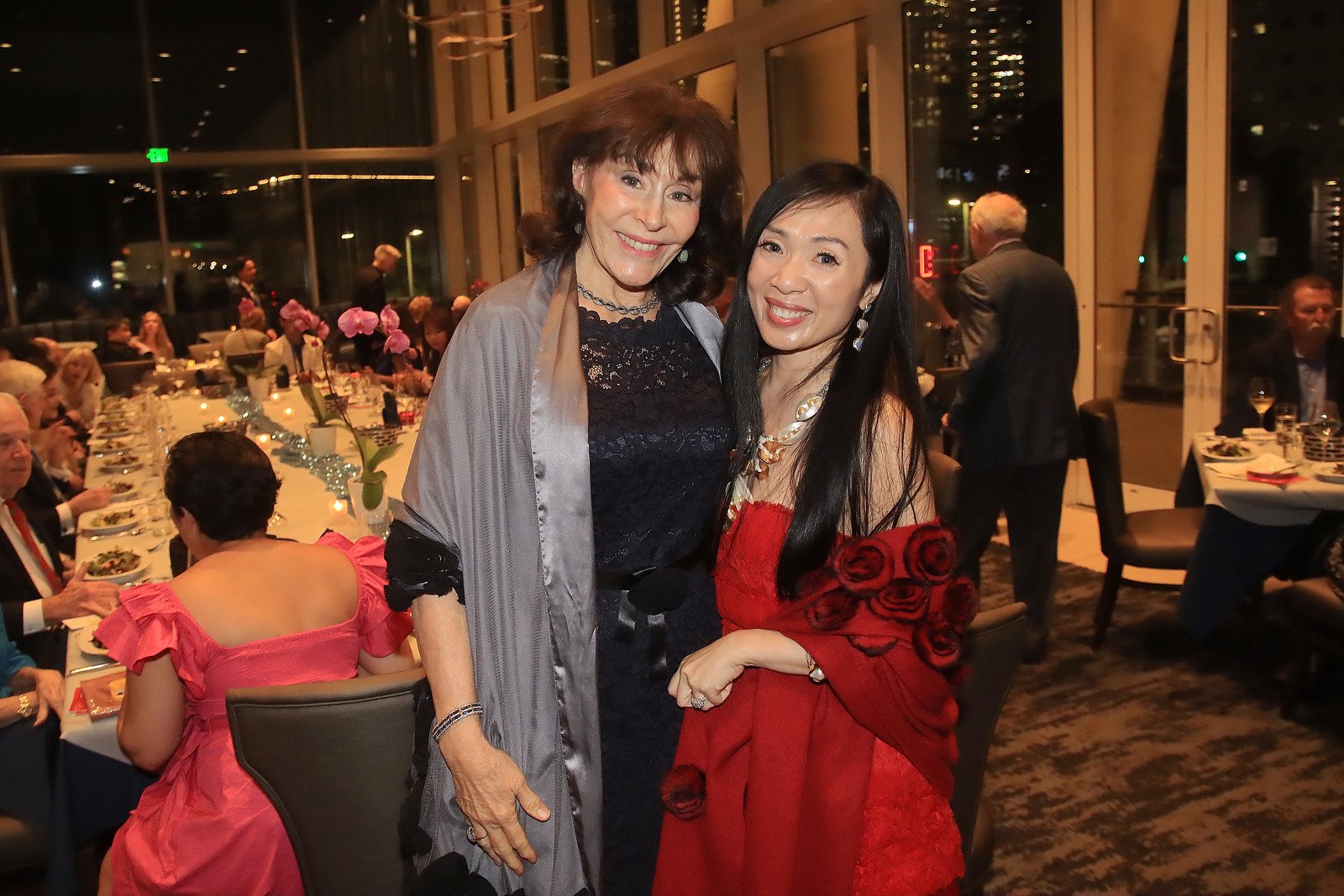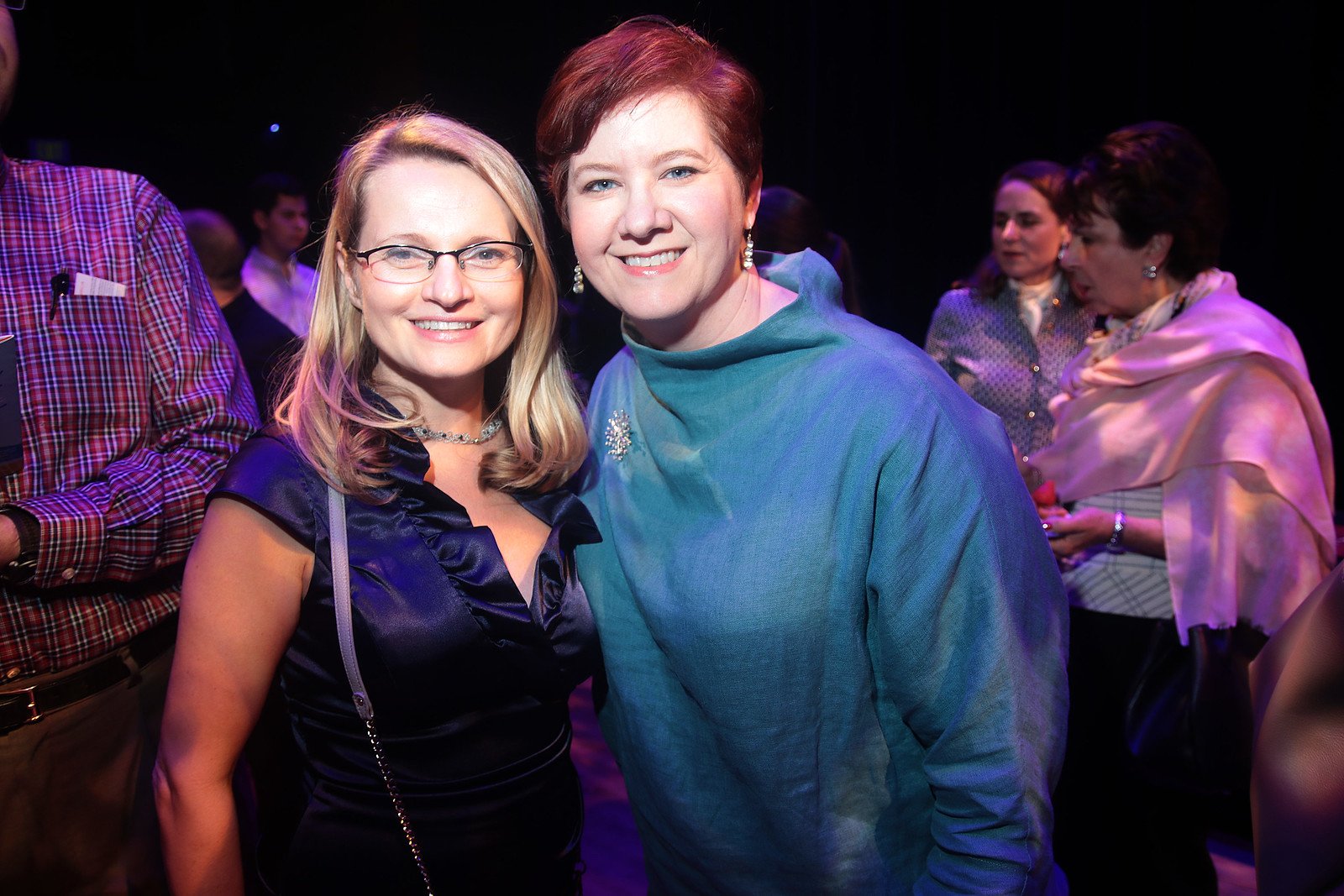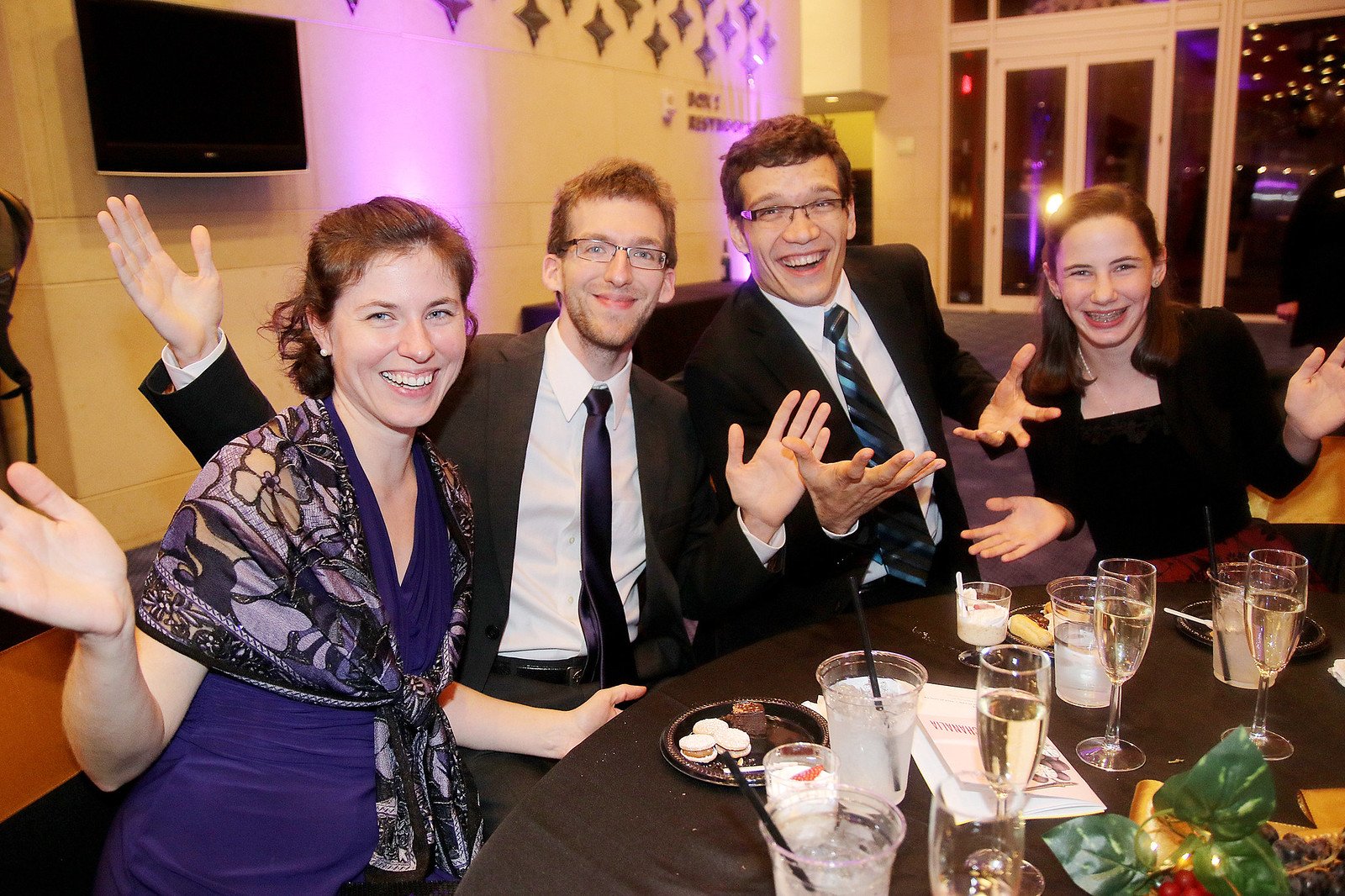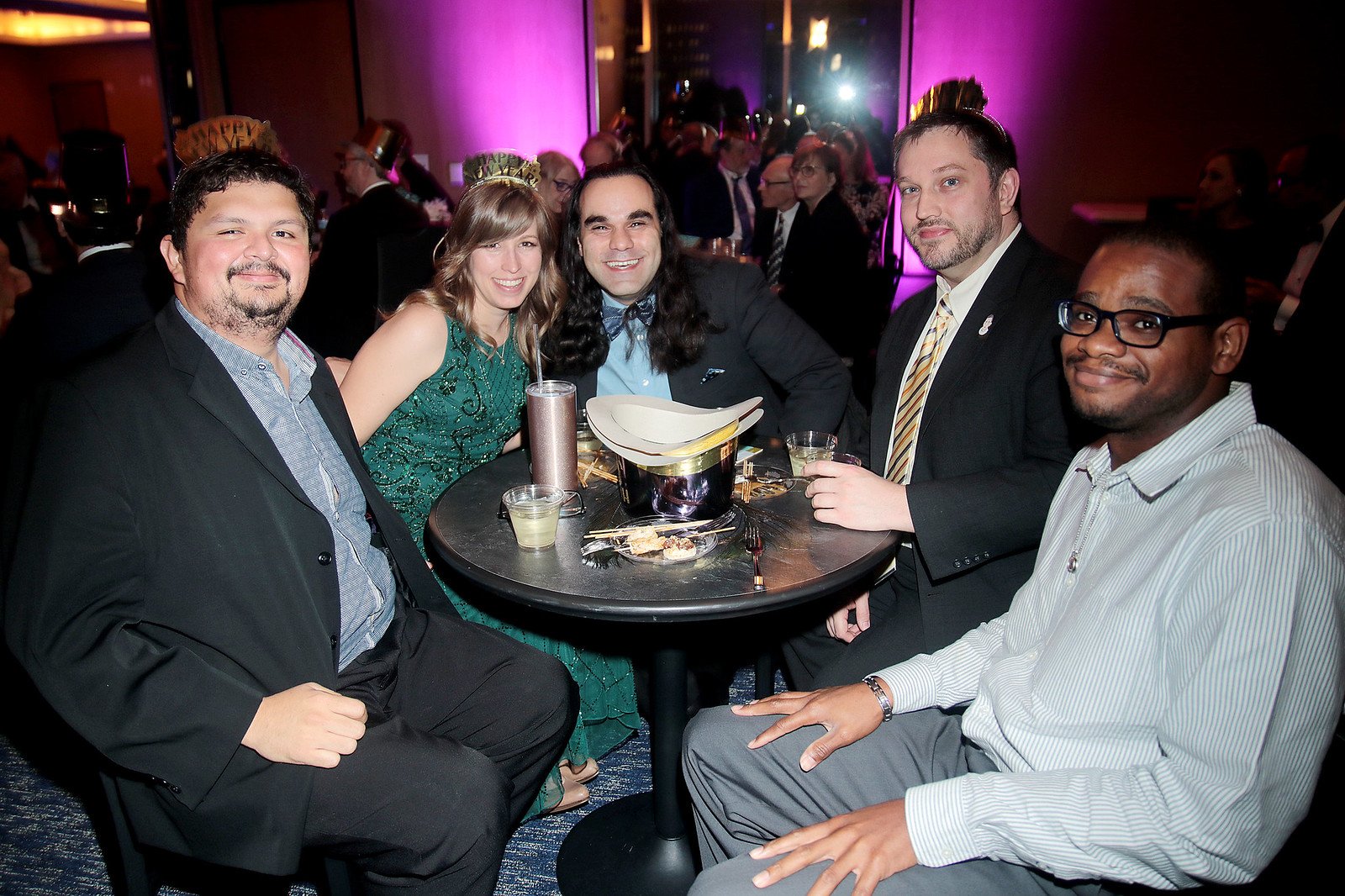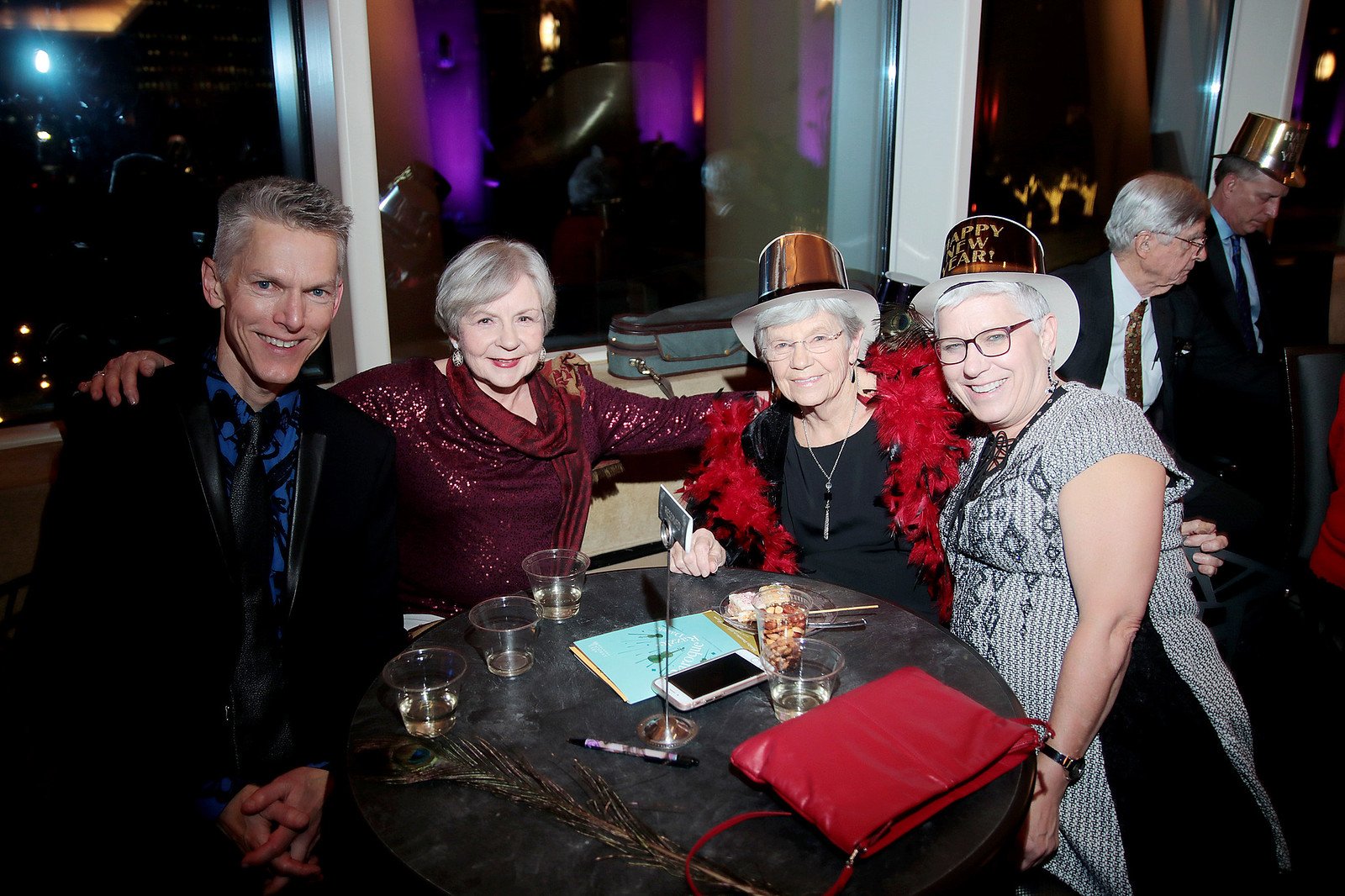Amadigi di Gaula
Friday, May 24, 2024 at 7:30 pm | Saturday, May 25, 2024 at 7:30 pm (+ live concert broadcast)
Zilkha Hall, The Hobby Center for the Performing Arts
Google Maps
The most ambitious undertaking of our 2023/24 season is a new production of Handel’s Amadigi di Gaula, one of a handful of “magic” operas he produced during his long career in London. Our cast includes four rising stars of the operatic firmament, all ideally suited to this exceptionally beautiful score. Tara Faircloth directs and Matthew Dirst conducts this Houston premiere.
Cast (in order of appearance):
Amadigi — Randall Scotting, countertenor ˚
Dardano — Nicholas Garza, countertenor
Melissa — Raven McMillon, soprano ˚
Oriana — Nola Richardson, soprano
Amadigi Cover/Supernumerary — Michael Skarke, countertenor
Dardano Cover/Supernumerary — Sarah Dyer, contralto
Melissa Cover/Supernumerary — Christine Boddicker, mezzo-soprano
Supernumerary — Joeavian Rivera, bass-baritone
˚ Ars Lyrica debut
Buy Tickets
This concert has passed, but Digital Subscriptions and Digital Replay Passes are still available!
Digital: The online concert broadcast of this performance is available to digital subscribers and Digital Single Event Pass holders. The concert broadcast link will be emailed to digital patrons, and the replay will be available all season long.
Production team
Tara Faircloth, stage director
Matthew Dirst, music director
Christina Giannelli, lighting designer
Ryan McGettigan, set designer
Julius Sanchez, stage manager
Macy Lyne, costume designer
Jenna Wallis, surtitles
On the program
Handel, Amadigi di Gaula
Run time: About two hours, with intermission
Press Review
“The orchestra, conducted by Ars Lyrica Artistic Director Matthew Dirst, gave Handel’s ravishing score a superb reading. The ensemble was alert to the turbulent mood swings voiced by each singer, responding to changing emotions with great sensitivity. Especially notable was Kathryn Montoya’s expressive playing on the oboe, both in Dardano’s lament and in striking effect with the trumpet obbligato in Melissa’s rage aria.
Handel’s music for Amadigi di Gaula is extraordinary, the range of vocal and orchestral colors, the variety of inventive musical ideas, all serve to portray the emotional depth of his characters and the very human drama in which they are engaged. Ars Lyrica has brought a 300-year-old masterpiece into the present, with a production that speaks to the heart.” — Sherry Cheng, Arts and Culture Texas
Thank you to our Sponsors
Production Guarantors
Robin Angly & Miles Smith, Drs. Elizabeth Grimm & Jack Roth, John A. Lemen
Principal Artist Sponsors
Dr. Ellen R. Gritz & Milton D. Rosenau, Jr. – in support of Randall Scotting
Connie Kwan-Wong & CKW LUXE Magazine– in support of Nola Richardson
Kathryn & Brendan Godfrey – in support of Raven McMillon
Mr. Francis & Flora Choy – in support of Nicholas Garza
Artist Underwriters
Gule & Tayab Andrabi, Sonja Bruzauskas & Houston Haymon, Robert Chanon, Maryke Cramerus, Joan & Mike Weltzien
Supporting Producers
Anna Dean, Linda C. Murray, Dr. William H. & Teresa C. Reading, Ed & Janet Rinehart, Kevin Topek & Mindy Vanderford
Photos by Lynn Lane and Amitava Sarkar from previous Ars Lyrica Houston opera productions.
20th Anniversary Season Post-Opera Soirée
When: After the Saturday, 5/25 performance of Amadigi di Gaula
Where: Diana American Grill, upstairs at the Hobby Center
Tickets: $350
Celebrate with us the culmination of our momentous 20th anniversary season! Immediately following the closing night of our opera Amadigi di Gaula on Saturday, May 25th, gather with Ars Lyrica artists, directors, and fellow patrons at Diana American Grill for a jubilant end to the evening with delicious food and drink.
Your ticket will help support Ars Lyrica Opera Circle and ensure that we can continue to present world-class Baroque opera in Houston. Plus, you will be automatically entered into a raffle to win a free round-trip flight with United!
The artists
“Randall Scotting lets loose a ravishing vocalism, deep colours, muscular core… Scotting’s messa da voce is mesmerising in music about love and despair alike” (BBC Music Magazine)
"What made this evening special was the performance of soprano Nola Richardson, who blew through the runs of the aria “Rejoice Greatly” from Handel’s “Messiah” at Abraham’s fast pace with astonishing balance and accuracy, lavishing crystalline diction on everything she touched and managing, throughout, to shape phrases with natural-sounding ease." (The Washington Post)
“If there was a single standout, it was Nicholas Garza, his countertenor full and fluent, glowing on top, dispensed with the loveliest legato.” (The Dallas Morning News)
“With a bright, crisp, silvery tone, Raven McMillon made light work of Massenet’s “Ah! Douce enfant,” vacillating between precisely articulated coloratura and opulent high-register pianissimo. Her performance of “Ich bin Euer Liebden sehr verbunden” from Der Rosenkavalier took on darker, more sultry colors; it was elegantly phrased – each note impeccably shaped, even in the decidedly meditative tempo” (Parterre Box)
˚ Ars Lyrica debut
-
Four years after the triumph of Rinaldo, his first opera for the London stage, George Frideric Handel presented at the King’s Theatre in London his latest creation: Amadigi di Gaula (HWV 11). Its successful premiere on May 25, 1715, led to multiple performances and various revisions over the next three seasons. The opera played in Hamburg as well between 1717 and 1720, under the title Oriana and with additional music by Reinhard Keiser. It would be more than 200 years before the work was heard again, however. Though filled with glorious music, Amadigi remains a relative rarity, perhaps because it calls for only four voices: two sopranos and two altos.
Praised by no less than Charles Burney, the great English music historian, for its invention and variety, Amadigi wowed audiences from the start with colorful music and magical stage effects. Perhaps its most spectacular moment, much commented upon in the London press, was an actual fountain at the beginning of Act II, which required the services of multiple plumbers. This production employed so many machines that audience members accustomed to walking onto the stage were warned not to do so, lest they injure themselves.
The story comes from a 14th-century epic about a chivalrous knight-errant named Amadigi, King of Gaul. This knight’s love for Oriana, daughter of the King of England, is fraught with challenges, not the least of which are wicked witches and friends who become enemies. Essentially a juicy tale about hapless nobles, it proved irresistible to the movers and shakers of French opera under Louis XIV, inspiring two tragédies en musique: Amadis de Gaule (1684), with words by Philippe Quinault and music by Jean-Baptiste Lully, and Amadis de Grèce (1699), with words by Antoine Houdar de La Motte and music by André Destouches.
The libretto for Handel’s setting, which differs somewhat from both predecessors, may have been penned by Giacomo Rossi, who fleshed out the story line of Rinaldo, or perhaps by Nicola Haym, a cellist and composer who likewise excelled in libretto adaptation. Its plot, as realized in our production, may be summarized as follows.
ACT I
Amadigi and his companion Dardano are trapped in the garden of the sorceress Melissa. As he plots his escape, Amadigi tries to convince Dardano to flee with him. He shares a picture of his beloved, Oriana, and Dardano realizes that he’s fallen for the same woman. Dardano decides to betray his friend and seeks out Melissa to warn her. While Amadigi ponders his fate in the garden alone, Melissa appears. When her declaration of love is rebuffed, she threatens him. Amadigi leaves in search of Oriana.
The tower where Oriana is held captive is in flames. Stopped by the fire, Amadigi learns that Dardano has become his rival. The outer structure collapses and Oriana is revealed. Believing they are free, the lovers rejoice, but Melissa and her minions arrive and snatch away Oriana, leaving Amadigi to rail at such cruelty.
ACT II
At the Fountain of True Love, a bereft Amadigi seeks comfort, but grief overtakes him, and he faints. Melissa appears with her prisoner Oriana, whose affections are misunderstood by Amadigi, and the two lovers fight before Oriana storms out. Amadigi‘s suicidal thoughts change to anger at Melissa, and they argue vociferously.
[INTERMISSION]
In Melissa’s palace Dardano broods until Melissa offers a ruse: she will transform him to look like Amadigi so that he may seduce Oriana. The scheme seems to work until the real Amadigi appears, and a duel ensues. Dardano dies, and a furious Melissa swears vengeance.
ACT III
Amadigi and Oriana plead for their lives, but Melissa, vowing revenge, summons the ghost of Dardano to help her. Her plan backfires as the spirit warns Melissa that the gods will not countenance such an injustice. She tries to kill Oriana but is magically restrained; in desperation, she stabs herself instead.
With the villainous sorceress vanquished, Amadigi and Oriana embrace, joyously united at last.
Strikingly, all four characters in this drama want just one thing: to be loved. This desire renders each vulnerable to betrayal and dramatic mischief of all kinds, from incongruous conflagrations to exotic spells. But even the most fantastic libretto and stagecraft cannot guarantee a memorable opera; one needs an equally magical score. Handel, a consummate man of the theatre, took up this task with evident relish.
His masterful music for the evil sorceress Melissa, for example, encourages us from the outset to sympathize with this scorned woman. Handel treats her rival Oriana with great tenderness, in music that is by turns heartfelt and eloquent. Dardano’s arias, by comparison, veer from the wildly energetic to the sumptuously doleful. For Amadigi, finally, Handel embraced fully the heroic mode while indulging sudden emotional swings with unanticipated twists and turns.
Like virtually all opera seria of this age, Amadigi di Gaula offers multiple options, with substitute arias sometimes offering more interesting options than first efforts. Ever the practical impresario, Handel borrowed some arias from Silla (1713) while reusing others original to Amadigi in Alcina (1735). A few years after its premiere, he even recycled Amadigi’s triumphant final aria (shorn of its vocal line) as a hornpipe in Water Music. Handel thereby reminded George I, as he sailed down the Thames on that long night in July 1717, what triumph over adversity sounds like.
© Matthew Dirst & Tara Faircloth
